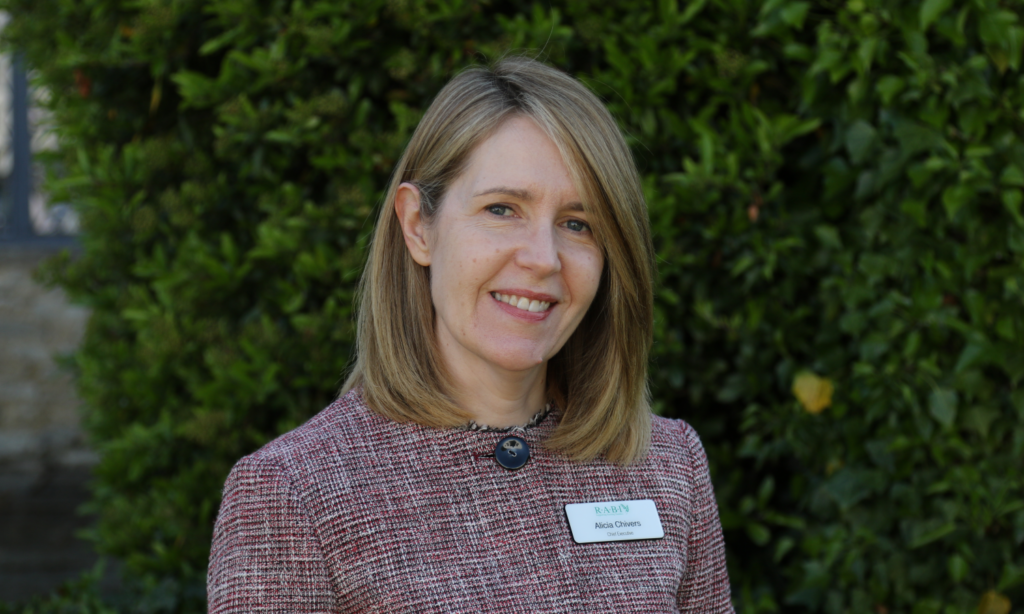The Royal Agricultural Benevolent Insititute (RABI) has launched its most ambitious ever survey in England and Wales, with a target of achieving 26,000 responses from people across the farming industry.
The study, dubbed the ‘Big Farming Survey’ aims to identify how increasingly complex challenges within the sector are impacting people’s physical and mental wellbeing, as well as the health of farming businesses.
Delivered in partnership with the Centre for Rural Research based at the University of Exeter and supported by key stakeholders and partners across the agricultural industry, the Big Farming Survey is open to all farmers, farm workers, spouses and adult-aged children.
Those who work in the farming industry who are looking to have their voice heard in the survey, which runs until 31 March 2021, can do so by going to rabi.org.uk/BigFarmingSurvey, or request printed copies in English and Welsh can be by emailing FarmSurvey@exeter.ac.uk.
RABI chief executive Alicia Chivers said the survey hopes to better understand the factors that are affecting the daily life of people who work in farming, calling it vital that their viewpoints are heard
“Farming people are raised to be ‘robust’ and ‘resilient’, yet these expectations simply aren’t realistic,” said Ms Chivers. “We are not indestructible. The reality is we all have the capacity to be affected by difficulties and challenges.
She added that the survey only takes 15 minutes to complete and everyone who participates will be making “an important contribution”
“Setting the ambitious goal of 26,000 responses will ensure we can build the most comprehensive picture of life in agriculture today. The research will enable us to formulate more effective tools and support strategies to enhance farmer wellbeing now and into the future,” she added.
“By initiating frank and honest conversations, I believe we can begin to ‘normalise’ our vulnerabilities. Breaking down these invisible barriers will ultimately empower farming people – ensuring they can move forward more positively by accessing the support that they need.”




